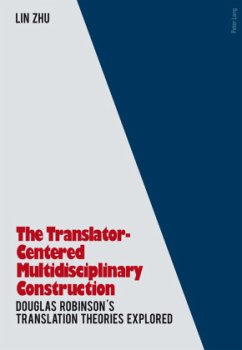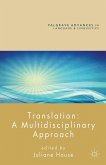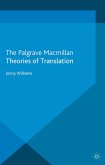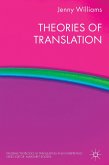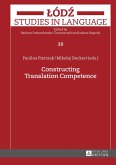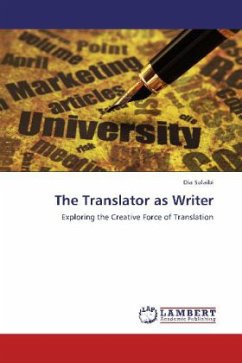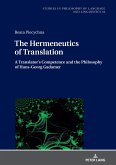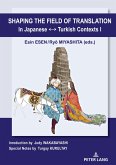This book embraces the epistemological and methodological issues of theoretical construction in the field of Translation Studies from a historical and global perspective. The theoretical stances are explained in detail through a systemic inquiry into the constructive aspects of theoretical innovation of the American translation theorist Douglas Robinson. In order to renew and promote theoretical thinking in the field of Translation Studies, this book aims to reflect on existing theoretical problems in translation, trace the translation theorist's innovative and constructive ways of thinking about translation theory, and explore productive philosophical and theoretical resources of translation studies. This book will not only be helpful to a further and full understanding of Robinson's thoughts on translation, but also offers a rethinking of how to advance Translation Studies epistemologically and methodologically.
Bitte wählen Sie Ihr Anliegen aus.
Rechnungen
Retourenschein anfordern
Bestellstatus
Storno

